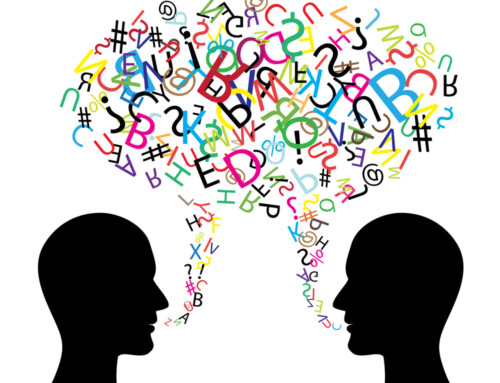 {4:12 minutes to read} I wrote a series of articles a few years ago on the subject of Fear. Fear is an emotion that we may all experience when going through major transitions in our lives. So I thought it might be helpful to publish them again, for those of you who may not have seen them when they were originally published, and for those who may want to look at them anew.
{4:12 minutes to read} I wrote a series of articles a few years ago on the subject of Fear. Fear is an emotion that we may all experience when going through major transitions in our lives. So I thought it might be helpful to publish them again, for those of you who may not have seen them when they were originally published, and for those who may want to look at them anew.
The series is made up of four parts, the first of which is below:
What are you afraid of?
Your spouse just told you that he/she wants a divorce, or you may be the one who wants a divorce. Suddenly you realize that your life is about to change. Panic sets in, your mind starts racing as you realize that you may be facing a future alone. You begin asking yourself all sorts of questions:
- How will I live as a single person again?
- Where will I be living?
- Will I have enough money to live on?
- Will I have to give away many of the furnishings or objects that created my home and that are familiar to me?
- Who will take care of me when I am feeling sick or lonely?
- Am I going to be a single parent? And what if my kids blame me for the divorce?
- Will my relationships with my friends and family change?
- Will I lose friends who knew us as a couple?
- What will my coworkers think of me?
- What will my friends think? And members of my family?
I am really scared!! So many changes and unknowns! What do I do now?
Fear, whatever its source, can become a controlling factor in a person’s life. It is normal to have fear, and it can be looked upon as a healthy and self protective reaction, and therefore an opportunity to think ahead and take action. In this next series of blogs, we will explore the phenomenon known as fear, its effect on the divorce process and the anticipation of life, post divorce.
But what exactly is fear? According to Wikipedia:
“Fear is a distressing negative sensation induced by a perceived threat. It is a basic survival mechanism occurring in response to a specific stimulus, such as pain or the threat of danger.”
And we know that:
- Fear often brings the worst case scenario to one’s mind, and can render one immobile.
- Fear disempowers, no matter what decision we make, whether we act on it or not, it causes us to immediately doubt of ourselves.
- Fear can cause us to make assumptions and/or misinterpret what people tell us.
- Fear is thought by many of us to be a negative feeling implying that we are, therefore incapable or weak.
“The only thing we have to fear is fear itself.” —Franklin D. Roosevelt, in his address in 1932
His words continue to ring true. And as we think about fear, it is interesting to note that fear can actually be a healthy reaction and, if used to our advantage, can help us move ahead with our lives.
Our next article will feature Part II of the Fear series, The Positive Side of Fear, and how we can use it to our benefit.
If you have any questions or comments, please submit them in the box below.
Jennifer Safian
divorce and family mediation
upper east side of manhattan (nyc)
new york, ny
(917) 881 5206
jpsafian@gmail.com
Latest posts by Jennifer Safian (see all)
- misinterpreting your partner’s demeanor may lead to conflict - October 9, 2024
- demystifying the money talk - September 11, 2024
- why are we afraid to discuss money? - August 21, 2024





Leave A Comment